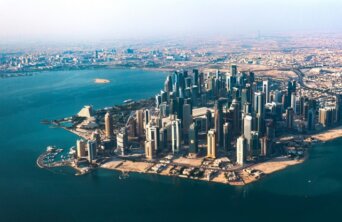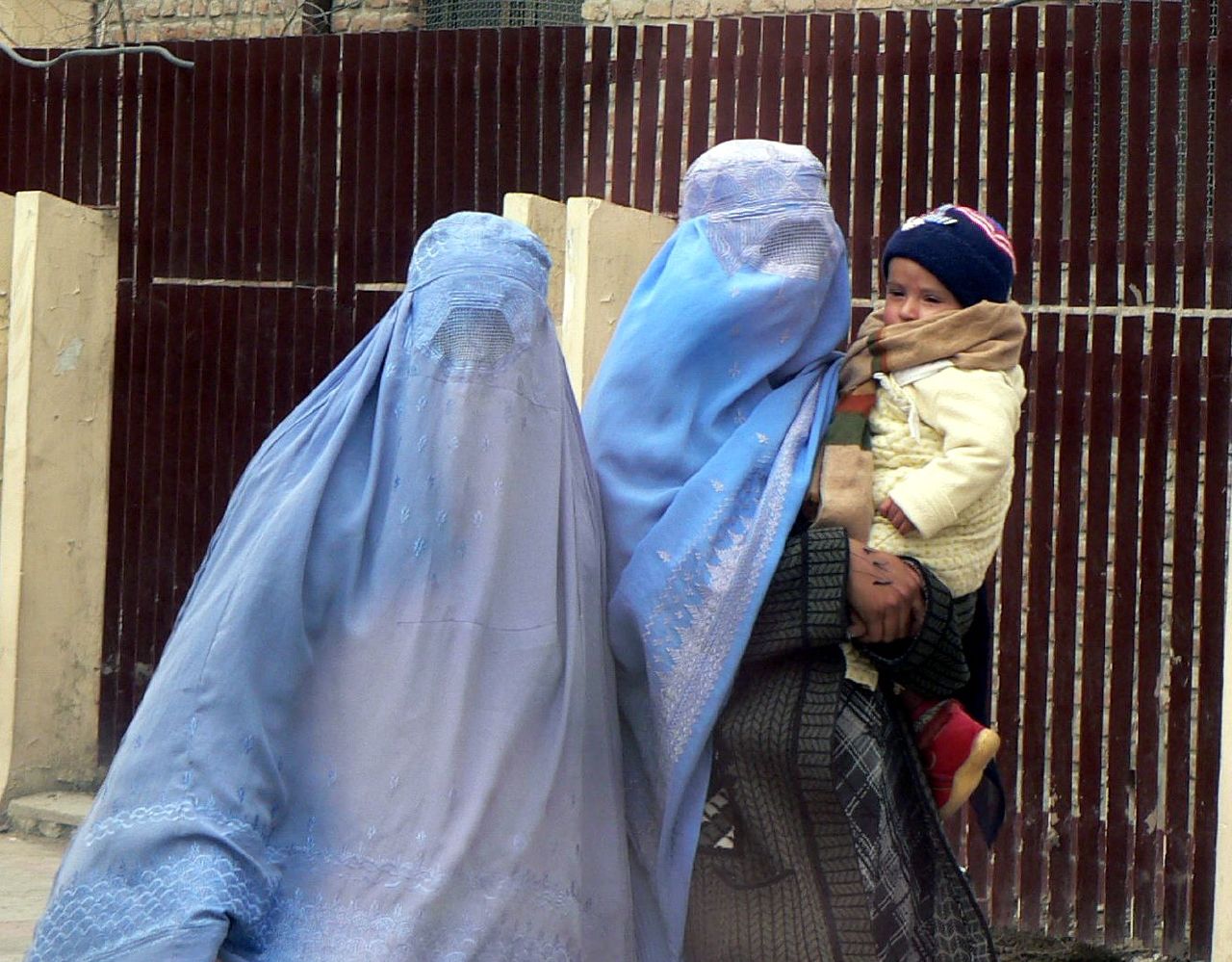- About
- Topics
- Picks
- Audio
- Story
- In-Depth
- Opinion
- News
- Donate
- Signup for our newsletterOur Editors' Best Picks.Send
Read, Debate: Engage.
| topic: | Human Rights |
|---|---|
| located: | Afghanistan, Qatar |
| editor: | Shadi Khan Saif |
Stakes are high for millions of Afghans who have been facing a devastating humanitarian crisis for years as the upcoming UN-convened meeting of Special Envoys on Afghanistan takes place in Doha, Qatar, on 18 and 19 February. The UN hosts are pushing for a major diplomatic move to bring the country out of isolation and abandonment.
United Nations Secretary-General Antonio Guterres will convene a meeting on Afghanistan in Doha, Qatar, to discuss the ongoing humanitarian and human rights crises. This meeting is also vital for the international community as special envoys from UN member states and international organisations will attend; representatives from Afghan civil society, women’s groups and Taliban leaders have also been invited.
In many ways, this is a rare union and a high-level opportunity for all stakeholders to get to a consensus on how to improve the situation in Afghanistan and engage with the Taliban regime.
This moment is critical for the people of Afghanistan, who are at the brunt of Afghanistan’s isolation under the hardline Taliban regime facing international sanctions.
The Taliban have held both their population and their international recognition hostage by linking their participation in the Doha meeting to their legitimacy in Kabul.
The powerful Western countries, to a certain extent, have abandoned Afghanistan by imposing blanket sanctions on their banking system and other means of interaction with the outside world.
In this context, the role of the UN stands out as the only neutral force that protects the rights of the struggling and oppressed Afghan people caught in this tussle.
Days before the meeting, members of the NGO Working Group on Women, Peace and Security groups, including Amnesty International, wrote a letter to the UN Secretary-General urging him to ensure Afghan civil society, including women human rights defenders, is a full participant in the Doha meeting and that women’s rights are central to all discussions.
There is an array of brutal domestic policies the Taliban have been peddling in clear violations of the fundamental rights of the population. The UN itself has noted that the recent dress code impositions are a further escalation in the repression faced by women and girls in the country.
The path to reclaiming the rights and liberties of the Afghan people under the Taliban is a long and difficult one, and the Doha conference has all the ingredients to serve as a first small yet vital step to put the people first.
Image by Radoslaw Prekurat.

